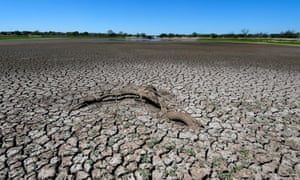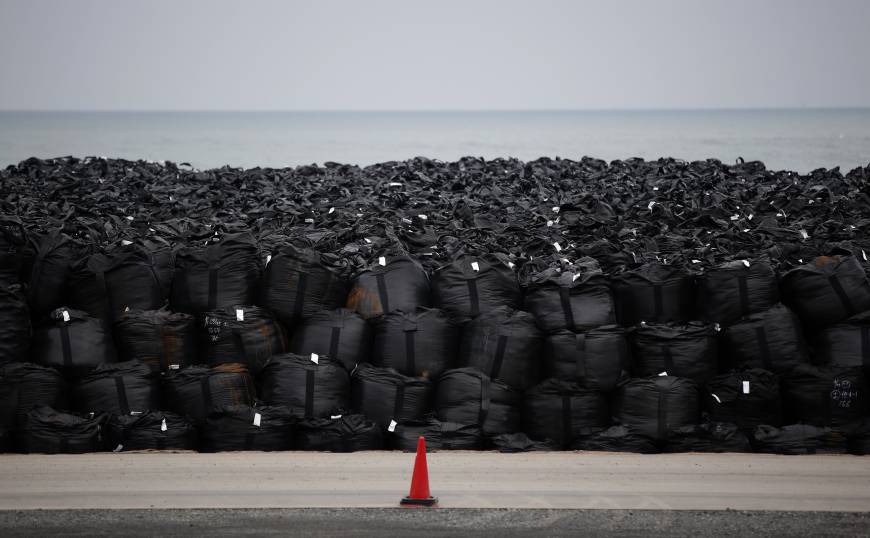……………………………………………………………………………………

……….
JAPAN TODAY
Fukui governor to give consent for nuclear plant restart
FUKUI —
Fukui Gov Issei Nishikawa will soon give his consent for the restart of two nuclear reactors in the prefecture on the Sea of Japan coast, sources close to the matter said Sunday, as the central government seeks to bring more reactors back online after the 2011 Fukushima nuclear crisis.
The governor will visit the site of the Nos. 3 and 4 reactors at Kansai Electric Power Co’s Takahama plant on Monday to check safety measures before expressing his consent, they said. The governor’s consent is necessary to restart the reactors.
Earlier in the day, industry minister Motoo Hayashi, in charge of the country’s energy policy, met with Nishikawa at the Fukui prefectural office and sought the Fukui governor’s consent for the restart of the two nuclear reactors.

































